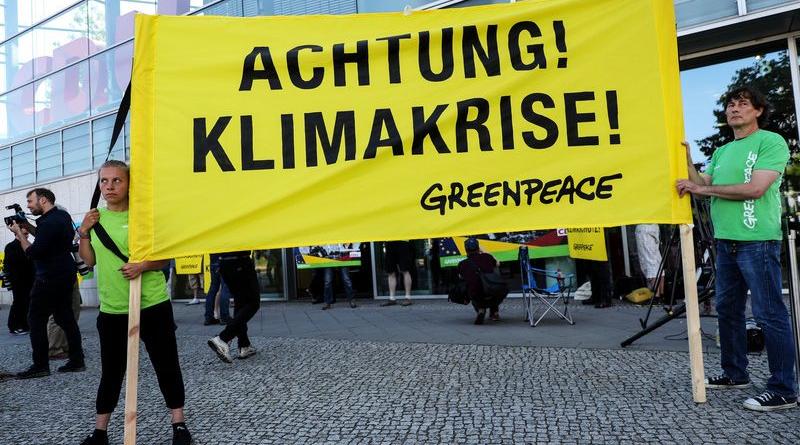German government wants to weaken country’s proposed climate protection goals.

Although many have called for improvements to the German climate package, the government wants to impose a weaker formulation of the core climate protection goals.EURACTIV’s partner Der Tagesspiegel reports.
Germany’s new climate protection law and carbon neutrality goals for 2050 will be considerably weakened, compared to what was initially intended. This is according to a report published on Sunday (6 October) by the news magazine Der Spiegel.
That is because, according to the environment ministry’s final draft, a national target for CO2 reduction for the year 2040 will no longer be defined. Besides, the control mechanisms for compliance with climate targets will also be lowered.
The so-called Climate Council should no longer prepare a main annual report to check the effectiveness of the planned measures. It should also no longer be allowed to make proposals on how the responsible ministries can readjust if CO2 reduction targets in individual sectors are missed.
All that remained in the current draft was the goal of cutting carbon emissions by 55% by 2030, compared with 1990.
According to the report, the changes were made at the insistence of the centre-right Christian democratic alliance, the CDU/CSU.
Last Wednesday (2 October 2019), the government only introduced the supplementary budget to finance the climate protection package, which amounts to €54 billion until 2023. However, the cabinet did not reach an agreement on the actual climate programme and left details regarding e-car subsidies, a carbon price for buildings and transport open until the cabinet meeting.
According to participants, the ministerial meeting unanimously agreed to adopt the 200-page programme next week, while leading economic research institutes described the climate concept as “less ambitious”.
The federal government is under increasing time pressure: if the cabinet does not approve the programme within the next ten days, the project might not be accepted by parliament this year.
Euractiv



